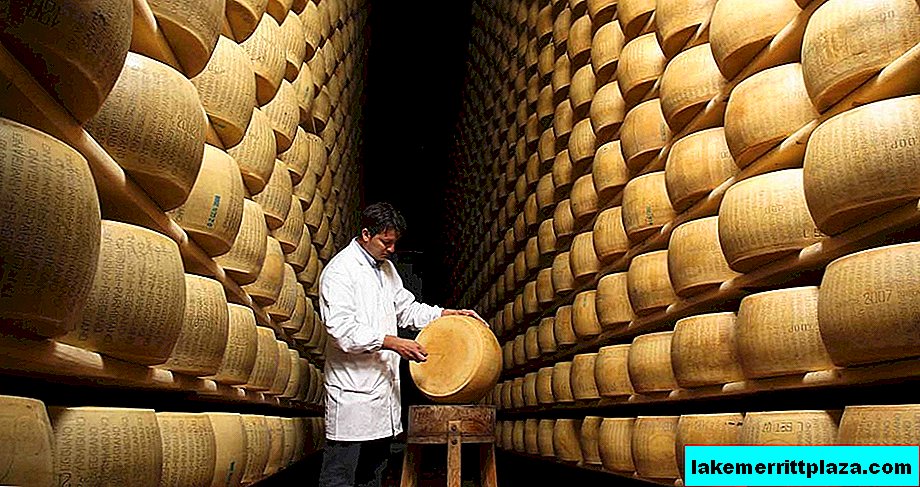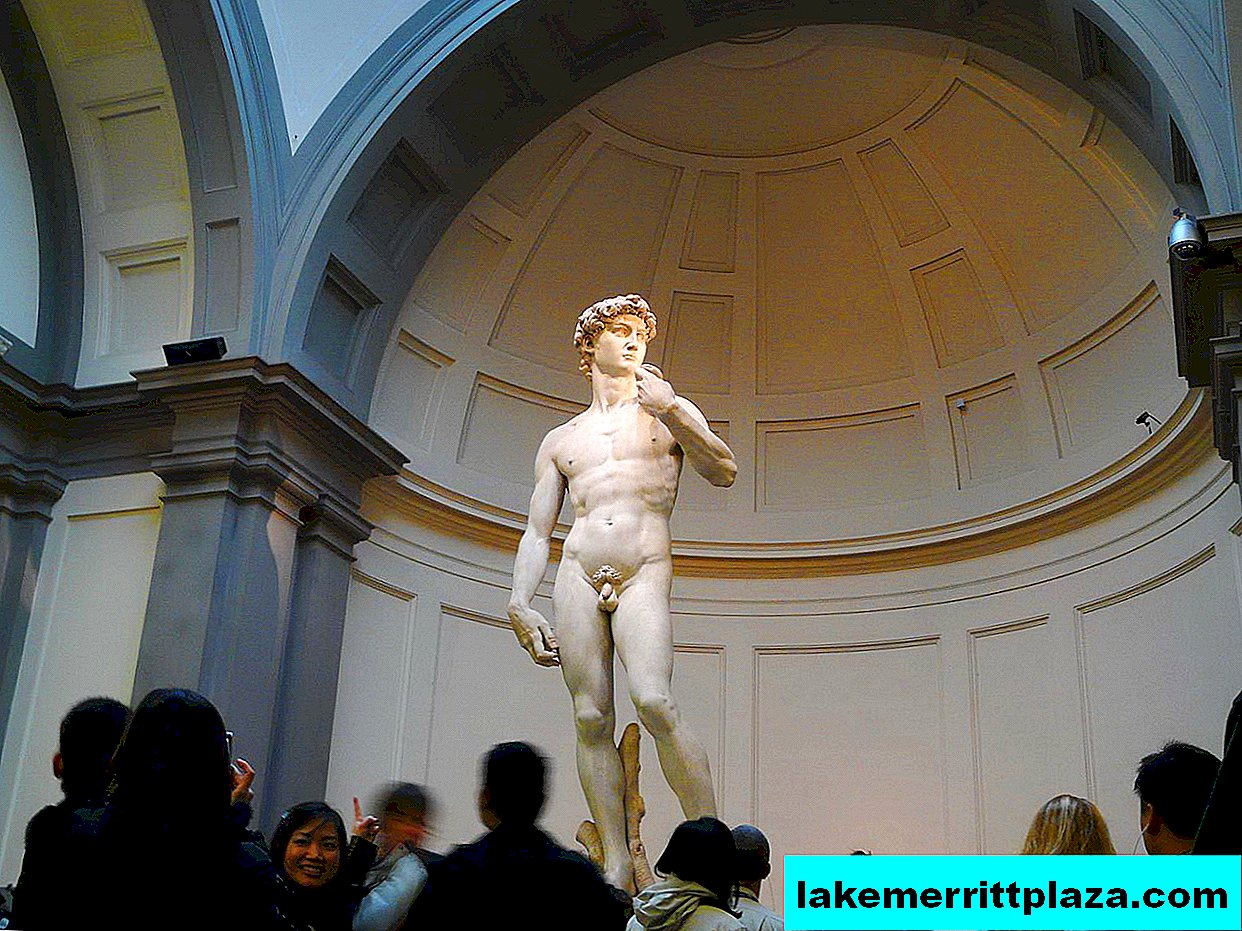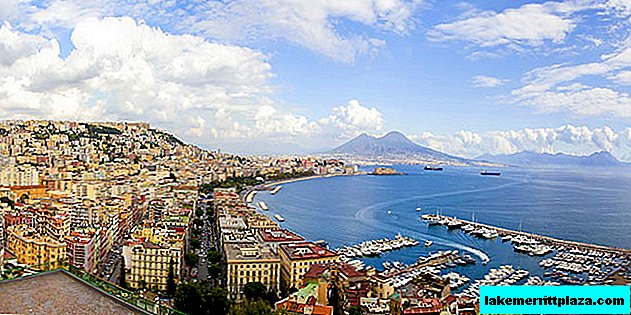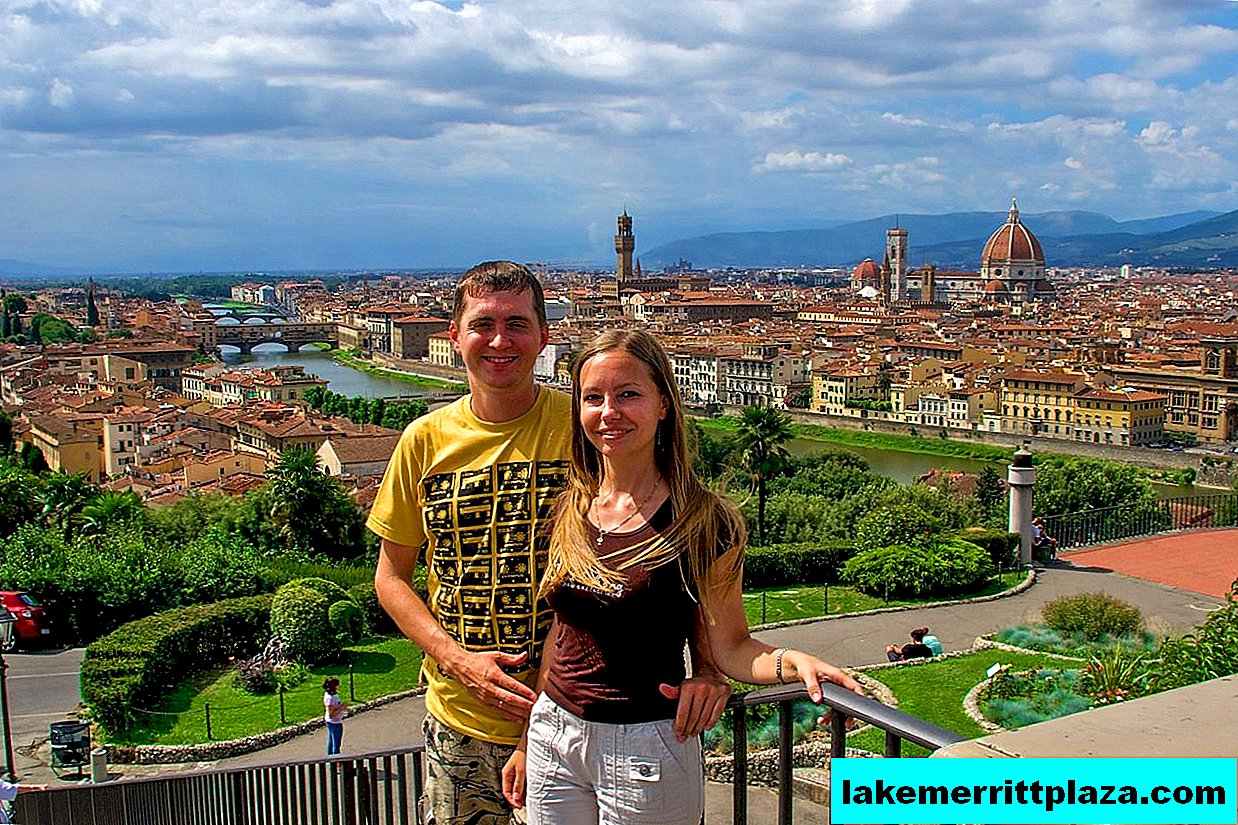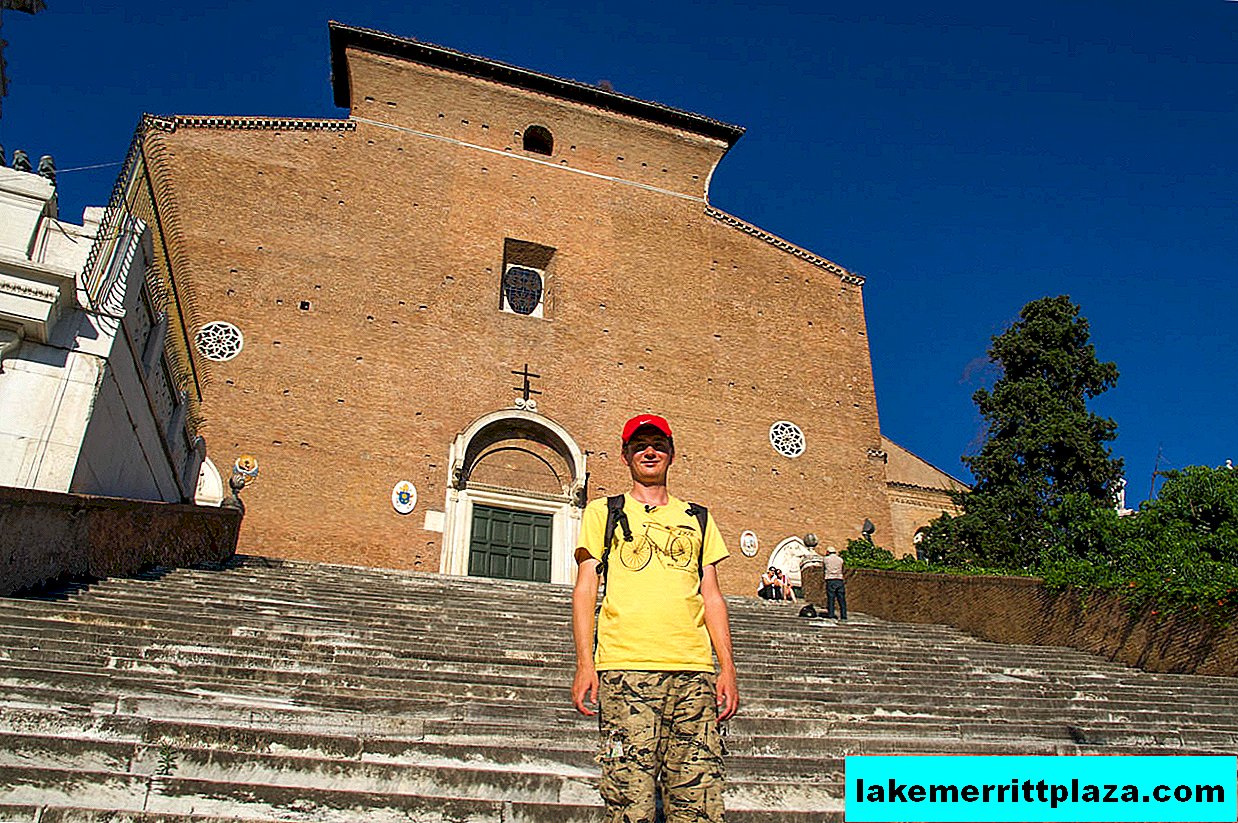Pseudo-Italian companies are companies that sell domestic, Chinese or Turkish products for sale under the guise of Italian. They are often called "werewolf brands," "pseudo-brands," and "fakes." On the official websites of such firms, as a rule, either false information is posted regarding the place and time of their foundation, or there are no exact data at all regarding the true country of origin of the goods offered. Currently, such "brands" are widely distributed in Russia and the CIS countries.

This review will focus on werewolf shoe brands that deliberately mislead customers by creating legends and fables about their Italian origin and premium quality products.
- Read also: fake Italian clothing brands
Avela bellini
Avela Bellini is a fairly widespread network of shoe stores in Russia; today, more than 250 brand outlets are open in the country. Only by looking at the name of the company, the buyer can assume that Italy is the producer country of its goods. However, if you study the official website in detail, you will still find information that all products are manufactured exclusively in the Russian Federation.
The company does not create false legends and stories around itself, however, a number of unofficial online stores convince customers that Italy is the real homeland of Avela Bellini.
It is difficult to judge the ratio of the cost of goods and quality, since there are practically no detailed reviews of the products offered.
Corso como
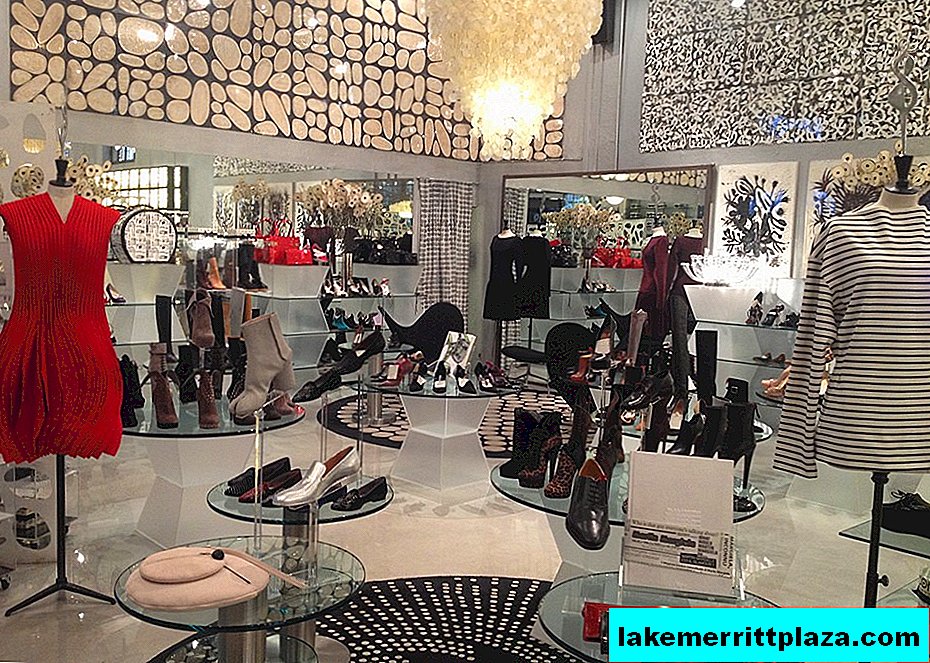
The Corso Como pseudo-brand, presented on the Russian market, is interesting, first of all, because it has a name that is absolutely identical to the name of the popular American shoe brand CC Corso Como. However, the original stores of the American brand are not represented in our country, in addition, they have a different logo. Thus, we can conclude that the domestic "Corso Como" and the foreign "Corso Como" are completely different labels.
On the website of the official online store, there are no any legends regarding the company's origin, but there is information that all shoe collections are the product of painstaking work with leading designers and fashion designers from Europe. Perhaps this is indeed the case, since each shoe model is quite pleasant in appearance, has a stylish design.
As for the place of production of shoes, most likely, part of the factories are dispersed in Italy, while the rest are in China. Judging by the reviews, the quality of the goods offered is not bad, prices are reasonable.
CV Cover
The official website of the CV Cover brand has three language configurations: Italian, Russian and English, and the domain is Russian. The company does not make up fables about its origin, however, in most of its advertising campaigns there are quite specific and obvious imitations of the Italian style, Italian culture.
Also, among the information presented on the CV Cover portal, you can find information that the development of new collections is carried out under the strict guidance of European designers and fashion designers, and the factories themselves, where the label's clothes are sewn, are dispersed throughout not only Russia, but also others European countries. It was not possible to find any confirmation of these words, since specific producer countries (other than Russia) were not disclosed, and, therefore, it is impossible to obtain information about the presence of brand factories in them.
Reliable reviews about the quality of the products offered were also not found, prices are slightly above average.
Francesco donni
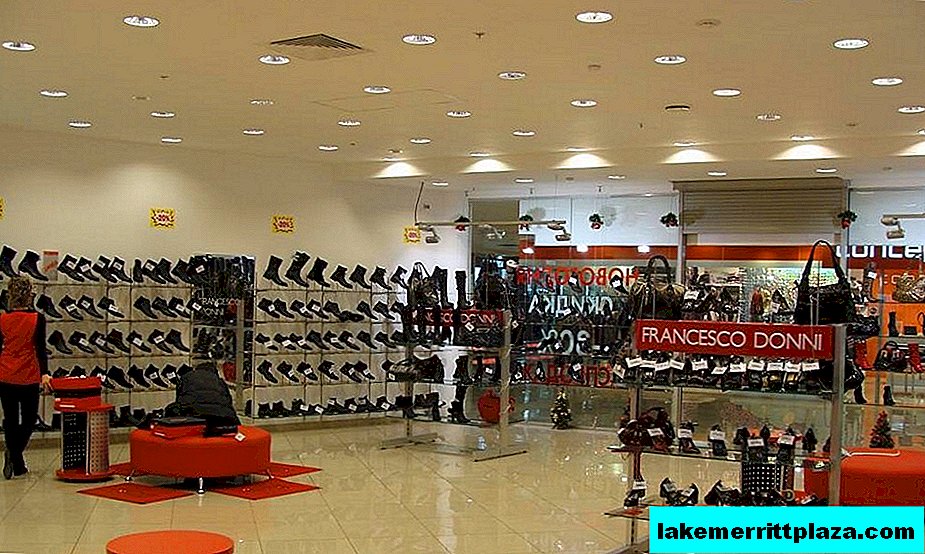
Francesco Donni is the “werewolf brand," whose leadership is deliberately deceiving its customers. So, on the official portal in the section "About the Company" a long and very suspicious story about the formation of the label was published, according to which its creator is the descendant of a talented Italian master shoe maker. For some reason, he was forced to emigrate from Italy and then, having moved to Russia, opened his first boutique.
At the same time, the site mentions that the shoes produced by the brand are created specifically for Russians and in Russia. Thus, two diametrically opposed theses are proposed, which customers, apparently, should interpret as they want.
After reading the reviews of people who have personally encountered brand products, you can find out that most of the models presented in the store are Chinese at all.
Giotto
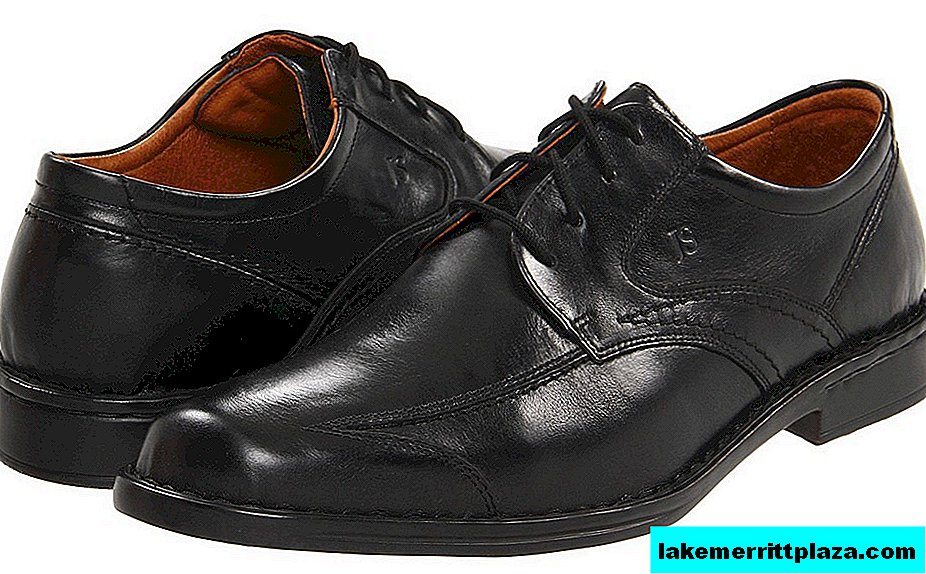
When exploring the Giotto brand, the first thing that catches your eye is its explicit "Italian" name. However, despite this, the company representatives are fairly honest and do not cherish any hope of deceiving the buyer. On the contrary, on the website of the online store it is very clearly written about the Russian origin of the company, as well as the fact that all products are reproduced at the Moscow factory.
The only comment of the brand’s employees is that exclusively Italian materials are used to create shoes.
The quality of shoes and boots presented in the chain stores is good, prices are reasonable.
Grand gudini
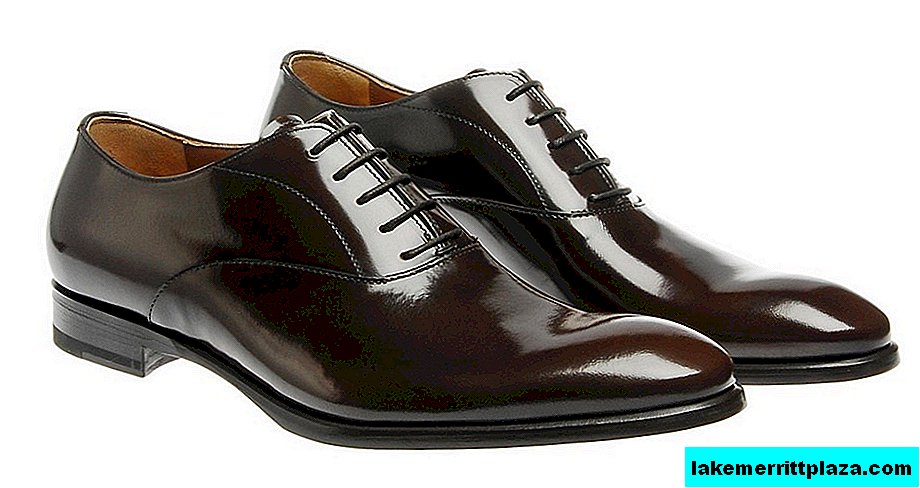
The Grand Gudini brand is a vivid representative of pseudo-Italian companies that want to reckon themselves among the success of Italian designers and craftsmen. On the website of their online store, the developers are diligently trying not to give out a secret about the true place of origin of the company, while noting that it was possible to achieve success on the Russian market.
All shoes are created in factories in Russia and China. Customer reviews are rather contradictory, which does not allow to draw any specific conclusions regarding the quality of the products offered.
Elmonte
The label name Elmonte unobtrusively hints at its Italian origin, but the owner company is entirely Russian. On the origin of the company on the site is not stated in plain text, however, no fables in this regard are not thought up.
The label's advertising campaigns are made in the traditional Italian style, and that is why most people have the opinion that Italy is its producing country.
Prices are not very democratic, the quality of the products is decent.
Enzo brera
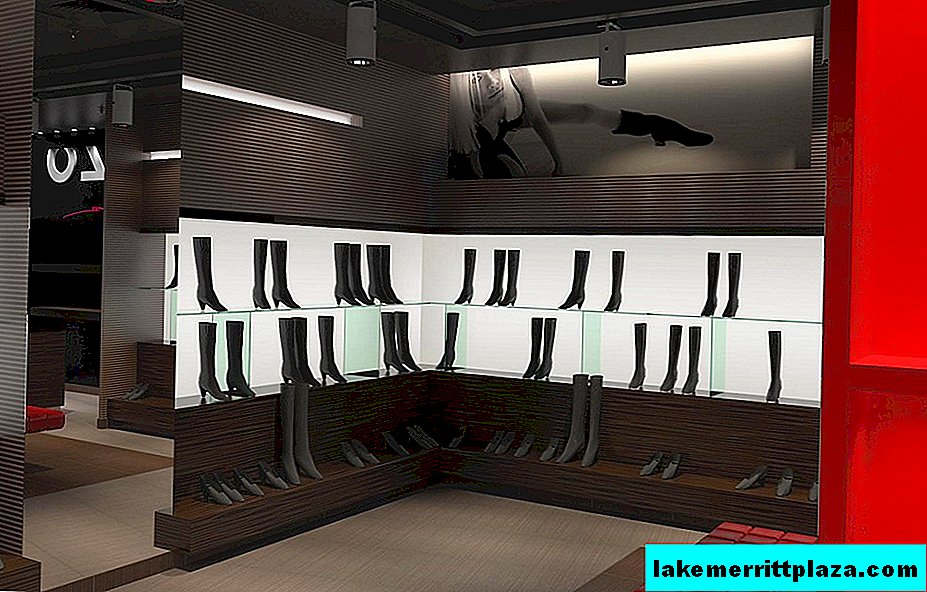
In fact, the Enzo Brera label is owned by the same company that owns the Elmonte chain of stores. According to the existing corporate legend, the company produces genuine Italian shoes, following the traditional rules and canons of skilled Italian craftsmen. The site has many articles devoted to the long-standing traditions of Italy, its unique style, but there is no specific information about the place of origin of Enzo Brera.
The prices of the offered goods are rather high, much higher than average, but the quality of the shoes is high.
Giovane gentile
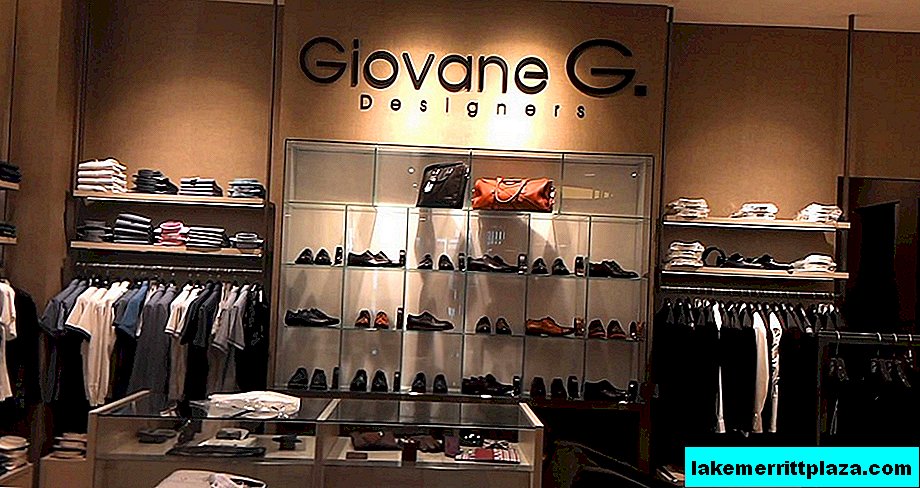
Although the brand name Giovane Gentile alludes to its Italian roots, in reality, the owner company is Ergem tekstil - a large concern of Turkish origin. However, the true homeland of the label is not advertised so explicitly.
Russian sellers quite often seek to convince the buyer that Giovane Gentile is an Italian brand with almost half a century of history.
Pseudo-brand outlets are scattered across almost all of Europe, as well as in a number of African and Asian countries. In Italy itself, label shoes are not for sale.
Loiter
Loiter is not too big - it doesn’t even have its own official website. Nevertheless, in Russia, the brand’s products are familiar to a fairly large number of people. According to a corporate legend, which sellers often tell customers, all Loiter shoes are made strictly according to Italian technology in cooperation with leading European designers and fashion designers. Reliable information that could confirm this information could not be found, moreover, there are no references to the brand on Italian sites either.
Mario ponti
The company-owner of the pseudo-Italian brand Mario Ponti is a company of Greek origin - Kasta. All products are entirely created in Chinese factories. Prices are low, quality is not too high.
Perte
Perte is a network of shoe stores open throughout Russia. Despite the resounding Italian name, the brand is entirely a product of Russian production. He does not have an official website or online store, but he managed to find information that the factory where shoes are sewn is located in Pushkino.The value for money is excellent.
Pier lucci
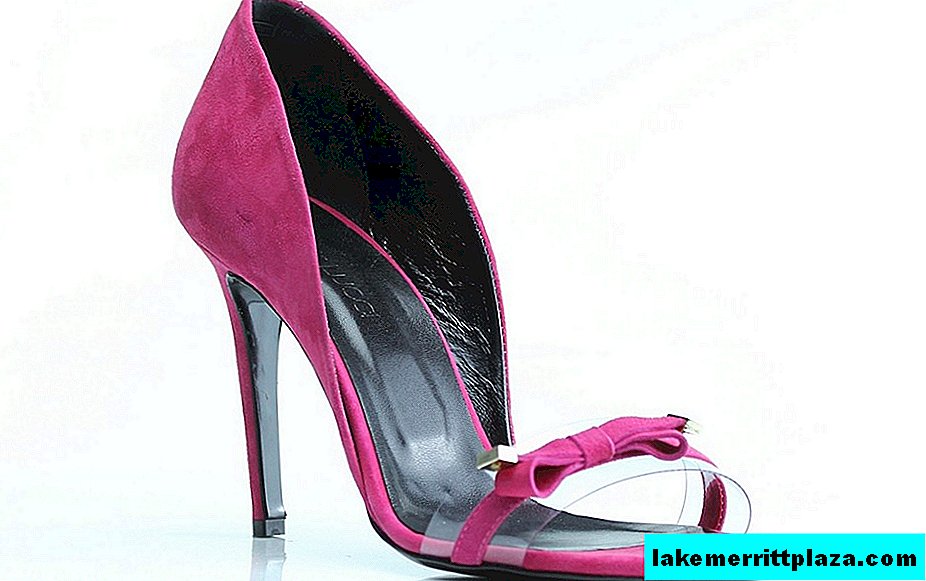
Pier Lucci is a large chain store of women's shoes. The name was given to the brand in a purely Italian style, however, on the official website in the corresponding section you can find unequivocal information that Turkey is the manufacturing country. Company outlets are mainly dispersed in Russian and Turkish cities.
Ita ita
Under the name Ita Ita, its activities in the territory of the Russian Federation are carried out by a network of shoe stores assuring customers that they are manufacturers and distributors of genuine Italian shoes, made in accordance with centuries-old canons and traditions. In reality, Ita Ita is nothing but a real pseudo-Italian brand.
All products are manufactured in factories in Poland and China.
Alba
Under the name Alba, another pseudo-Italian brand is actively flourishing and is spinning in Russia. Although all products are sewn either in domestic or in Chinese factories, the brand management is trying to create the atmosphere of real Italy on the official website. So, having studied all sections of the site in detail, it was not possible to find exact data on the origin of the company, but there is plenty of information about true Italian technologies for creating shoes.
The corporate legend says that all of the company's products are created in Italian factories and factories, but it is hard to believe in this, since there are no key references to Italian-speaking resources at the request of "Alba".
The pricing policy of the brand is not very democratic, but the level of quality is not so high.
Enzo logana
According to Enzo Logana label store employees, the brand's shoes are Italian. In reality, the products are sewn at a domestic factory located in the Moscow Region. You can buy brand goods only in Russia.
If you believe customer reviews, then the goods offered at affordable prices are very good, they have a nice design and a long service life.
Mascotte
Mascotte is a werewolf brand widely known in the Russian Federation, which, although it positions itself as English, in a larger proportion the population is associated with an Italian shoe company. The country of origin is China.
Judging by the reviews, the quality of the products offered does not meet expectations, and prices are much higher than average.
Vitacci
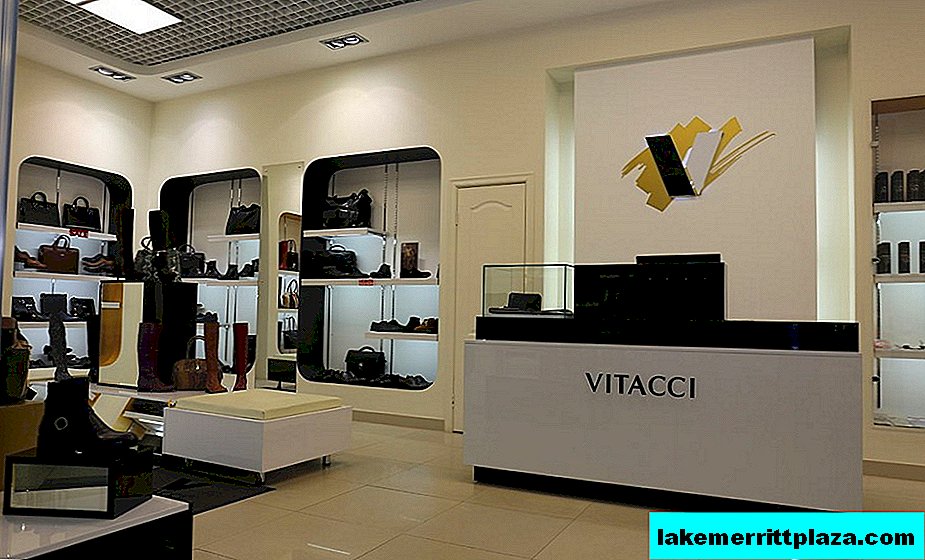
Vitacci is a well-known brand in the Russian Federation that supplies shoes for women and children. According to the stories of the company's employees, the products offered in boutiques are Italian. In truth, there are no references to the label on Italian-speaking resources.
You can find Vitacci outlets only in Russian cities, as well as in some CIS countries. Customer reviews indicate the excellent quality of the company's products.

